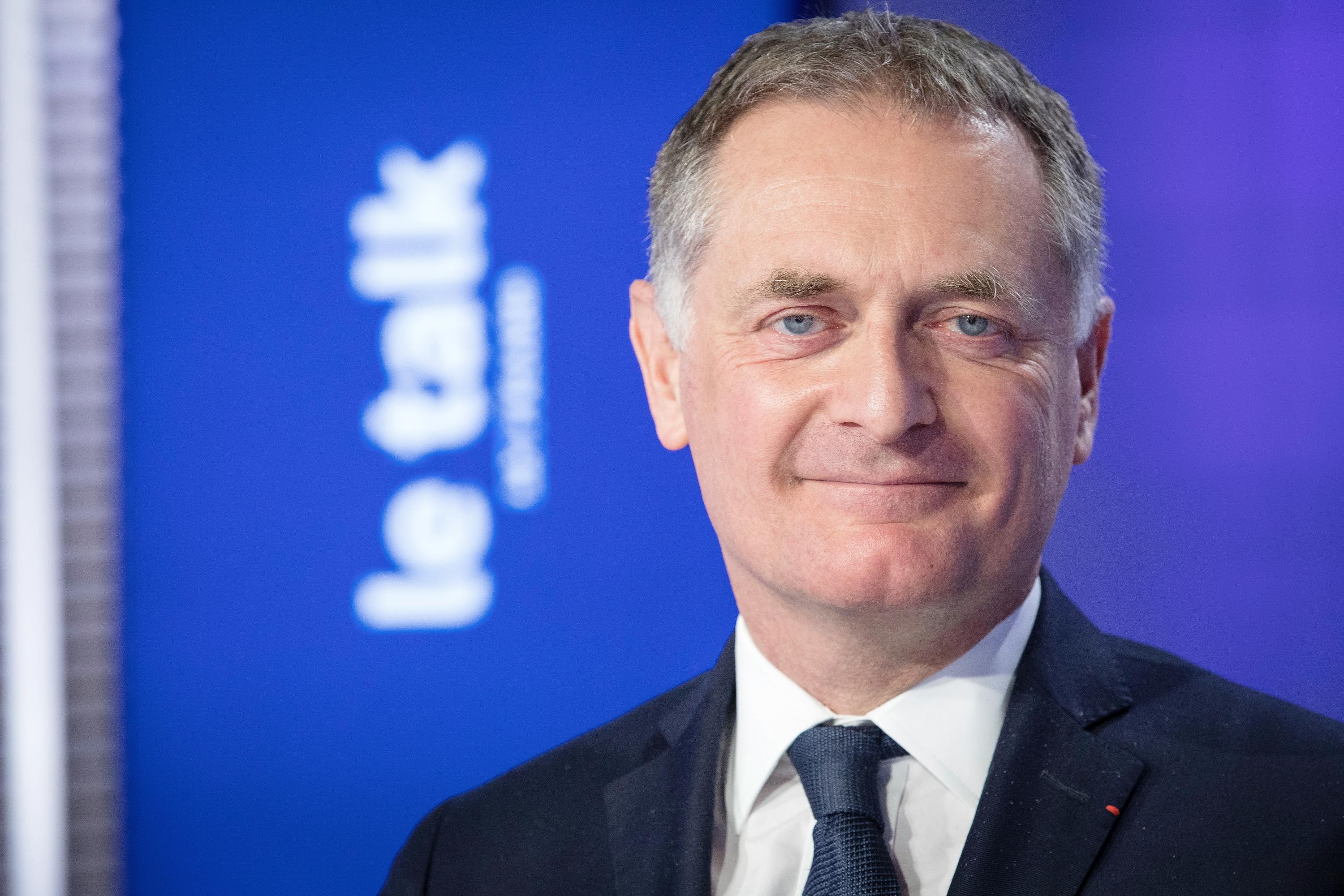Budget Debate Intensifies as Philippe Juvin Calls for Deeper Spending Cuts Amid Political Uncertainty
Budget rapporteur Philippe Juvin calls for deeper spending cuts and defends key reforms as Prime Minister Lecornu faces political challenges and potential resignation.
- • Budget rapporteur Philippe Juvin deems 6 billion euro cut insufficient and suggests deeper savings.
- • Juvin is open to reducing the CSG but insists on compensating revenue loss.
- • Juvin opposes dropping pension reforms and stresses using Article 49-3 for budget votes.
- • Prime Minister Lecornu discloses political party non-support and hints at resignation if conditions worsen.
Key details
Philippe Juvin, the general rapporteur of the budget at the French National Assembly, has voiced concerns that the government's planned 6 billion euro reduction in state expenditure is insufficient to meet fiscal targets. In an interview with La Tribune, Juvin proposed additional savings particularly targeting State Medical Aid (AME) and the public sector. He also did not rule out a possible cut in the Contribution Sociale Généralisée (CSG), emphasizing the need to compensate for any resultant revenue losses.
Juvin highlighted the urgency of returning the budget deficit to under 3% of GDP by 2029, noting that even a 0.1-point fluctuation equates to 3 billion euros in funding. He suggested reducing 50,000 teaching posts within the Education Ministry by 2032, citing declining birth rates as justification. The budget rapporteur firmly opposed any abandonment of the ongoing pension reform, warning it would undermine France’s credibility with European partners and financial markets. He also stressed the importance of retaining Article 49-3, a constitutional procedure that has been crucial in passing budget measures in recent years.
Meanwhile, Prime Minister Sébastien Lecornu expressed skepticism about the political climate's stability, admitting in a La Tribune Dimanche interview that returning to politics was not an obvious choice. Lecornu acknowledged the lack of support from major political parties—Socialist Party, Les Républicains, and the Union of Democrats and Independents—all of which have declined to join the government. He warned that if key conditions for governance were not met again, he would consider stepping down.
The fiscal debate unfolds amid this political uncertainty, underscoring the challenges Lecornu’s government faces in achieving necessary economic reforms. Juvin cited the Canadian example from the 1990s when Prime Minister Jean Chrétien successfully restored public finances through spending reviews, though he recognized France might not replicate such ambitious reforms this autumn. These developments signal ongoing strain in balancing fiscal responsibility with political feasibility as France navigates its budgetary and governance crises.
This article was translated and synthesized from French sources, providing English-speaking readers with local perspectives.
Source articles (2)
Source comparison
Latest news
France Returns the Djidji Ayôkwé Talking Drum to Côte d'Ivoire After Over a Century
Record 37 Days of Rain Triggers Ongoing Severe Flooding in Western France
Political Divisions and Social Tensions Intensify Following Quentin Deranque’s Death in Lyon
French Economy Minister Calls for Full Insurance Industry Mobilization Amid Devastating Storm Floods
France Boosts Social and Solidarity Economy with New Tools and Potential Tax Reforms in 2026
Saint-Nazaire Mayor Condemns Vandalism of Two Political Offices as Attack on Democracy
The top news stories in France
Delivered straight to your inbox each morning.


